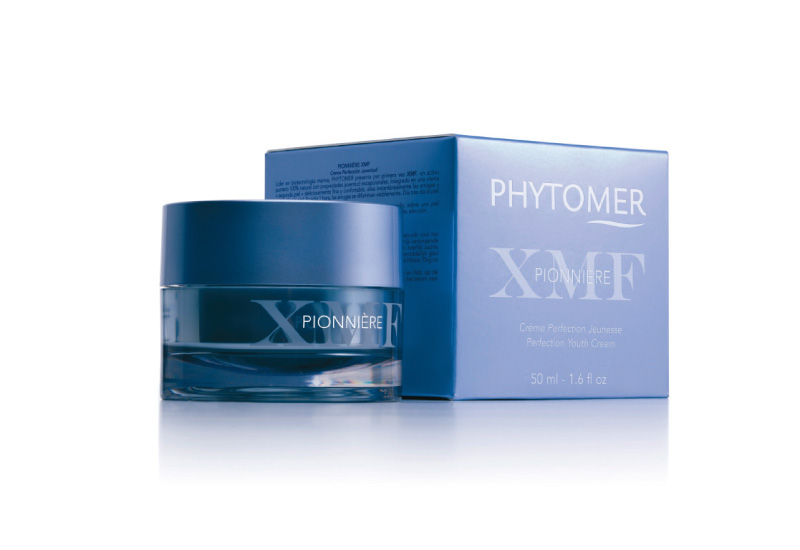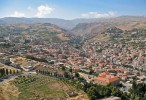Q: What are the recent trends in spa product technology? Do you advocate the use of technology in treatments, or prefer your products to stand alone?
Tristan Lagarde: We believe that one can achieve amazing skincare results with a non-invasive, specifically-designed protocol. In addition, a hands-on approach really puts the emphasis on the therapists’ excellent work.
Susan Gorman: I personally do not believe in the use of equipment in treatments. I think products alone can deliver outstanding results. Peter Dowling, managing director, House of Maria Dowling: We provide products formulated using cutting-edge technology and focused on natural ingredients.

| Advertisement |
Our clients can focus on treatment technology or a traditional hands-on treatment approach. We leave that up to the client. Louise Molloy, training and development consultant, Esadore International: There are many different aspects of new technology making their way into the spa industry, ranging from LED light therapy that reduces the appearance of fine lines and wrinkles to oxygen-induced treatments to revitalise and regenerate the skin.
We are definitely open with regards to introducing an aspect of spa technology within an individual product range to go alongside our Nine Degrees brand for the future, however, Nine Degrees will be stand alone, as our vision for this product range is purely based on the natural fusions of Middle Eastern ingredients and remedies that emanate the true philosophy of its ancestry.
Clare Maskall: Two of our brands Kerstin Florian International and Aromatherapy Associates have recently launched machines to enhance their offering to customers.
Q: What are the biggest challenges faced by spa managers?
Susan Gorman: In this region, spa managers are constantly faced with the challenge of sourcing qualified spa therapists and managing culturally diverse environments. Clare Maskall: Definitely competition, it's fierce out there! However if a hotel spa manager is supported by the GM and senior colleagues the spa can thrive and become a profit centre for the hotel.
Another challenge is retaining good therapists, new spas open offering bigger packages and better accommodation so managers have to keep a close eye on their staff's wellbeing. Peter Dowling: This can be partly seen as a human resources issue, as there is a high staff turnover rate for spa therapists.
The main task then becomes improving the rate of staff retention. Otherwise, there is the process of choosing the right product and brand to complement each spa’s treatments and spa concept, and often a lack of training and support from the product brands themselves, resulting in imperfect implementation and a non-cohesiveness. When it comes to hotel spas, there can be difficulties in acquiring more support in training and development for the spas from the hotel owners or the GM in comparison to other departments.
Rosalin Lau, Spa Manager, The Ritz-Carlton, DIFC: Our biggest challenge is the storage of our products as the shelf-life of natural products is limited. We therefore need to adopt a strict order process, and strategically execute promotions to encourage retail sales, to encourage purchase when required.
Hannah Dowd, So Spa manager, Sofitel Abu Dhabi Corniche: The oversaturation of brands in the market is immense. This can make it a little daunting when opening a spa as you receive the same spiel from all brand reps – my advice, do your own research, make sure it complements your brand, make sure it works and do not be scared to take a brand on that is new or well known to the area. You will know if a brand is the right fit or not.
Article continues on next page ...









 Search our database of more than 2,700 industry companies
Search our database of more than 2,700 industry companies









